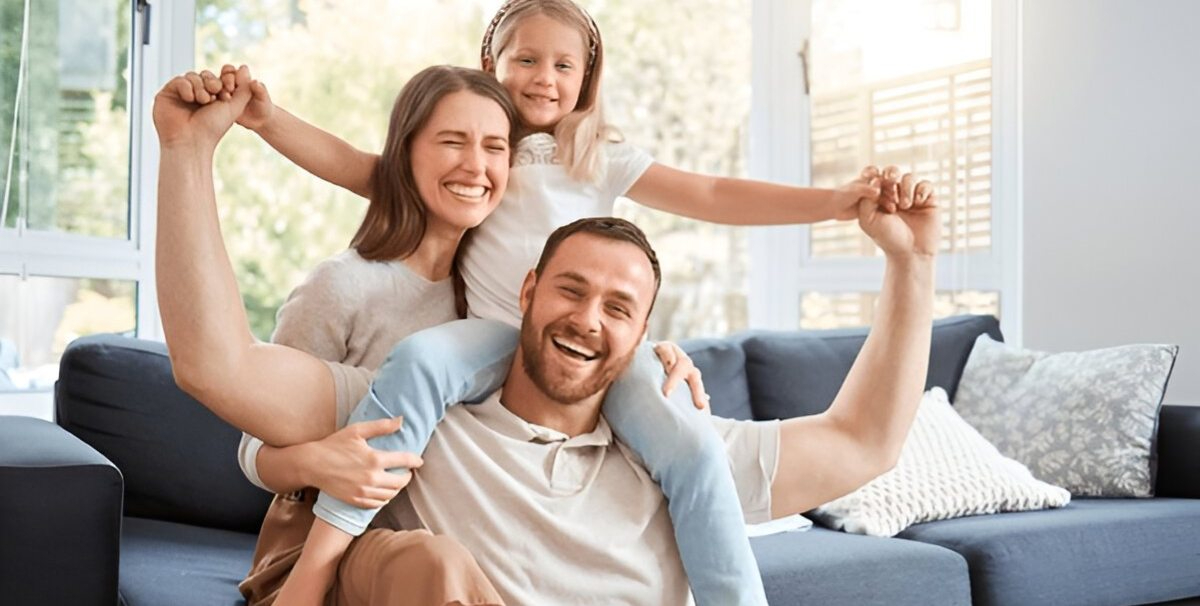You Need to Know About Frugal Living and Minimalism


In 2025, many people are searching for ways to live better with less stress, less spending, and more meaning. Two popular lifestyles are minimalism and frugal living. While they may seem similar, they are quite different in how they work and what they focus on.
Let’s discuss them in a simple and clear way so you can decide which one (or both) might be right for you.
Frugal living means making smart choices with your money. It’s not about being cheap, it’s about spending wisely and getting the best value for your money. People who live frugally strive to save money in their everyday lives without sacrificing what’s important to them.
Examples of frugal habits:
Cooking at home instead of eating out
Buying quality items on sale
Using coupons or cashback apps
Repairing things instead of replacing them
Choosing second-hand or thrift store shopping
Frugal living is great for those who want to save more, pay off debt, or live on a smaller budget. It’s all about being thoughtful with every dollar.
Minimalism is about owning fewer things and living with purpose. The focus is on quality over quantity, keeping only what truly adds value to your life and removing what doesn’t.
Keeping only clothes you actually wear
Owning fewer but high-quality items
Avoiding impulsive shopping
Saying “no” to things that don’t bring joy or peace
Creating a calm, simple home environment
Minimalism isn’t just about stuff, it’s also about time, energy, and attention. Many people turn to minimalism when they feel overwhelmed by busy schedules or too much “stuff” in their lives.
Even though both lifestyles promote simplicity, they are not the same. Here’s how they differ:
Feature
Frugal Living
Minimalism
Main Focus
Saving money
Living with less
Spending Choices
Choose cheaper or budget options
Buy fewer, but often higher-quality
Mindset
Value for money
Value for space and peace
Buying Habits
Shop smart and often
Shop less and with purpose
Goal
Financial freedom
Mental clarity and simplicity
Choosing between frugal living and minimalism depends on your personal goals and values. Ask yourself:
Are you trying to save money or pay off debt? → Try frugal living
Do you feel overwhelmed by clutter or stuff? → Try minimalism
Want both peace of mind and more savings? → Combine both
You don’t have to pick just one. Many people start with one and slowly blend the other into their lives.
Many people mix both lifestyles! You might decide to reduce how much you own (minimalism) while also watching how much you spend (frugality). For example, instead of buying five cheap shirts, you might choose one good-quality shirt on sale.
Combining both can help you:
Lower your living costs
Feel less overwhelmed
Spend more time doing what matters
Travel lighter or live in smaller spaces
Be more mindful and intentional
With rising costs, fast-paced living, and the pressure to always “have more,” these two lifestyles offer a way to slow down and take control. Whether you're raising a family, downsizing, or just starting out, adopting even small changes in frugal or minimalist living can make a big difference.
Here are simple steps to try either lifestyle:
Track your daily spending
Cut one or two small expenses
Try a no-spend weekend
Declutter one drawer or shelf
Donate what you don’t use
Try a “one in, one out” rule for new purchases
You don’t have to do everything at once. Take one small step and grow from there.
Frugal living and minimalism can both lead to a happier, more mindful life. The key is to understand what you need, what brings value to your life, and what you're ready to let go of. Whether you want to save money, clear space, or just feel more in control, either path or a mix of both can help you get there. The goal isn’t just to have less, it’s to live better.

Hi! I’m a versatile writer with a strong desire to save money and help others do the same. I share practical life hacks, smart couponing strategies, and money management tips to help you make the most of every dollar.


